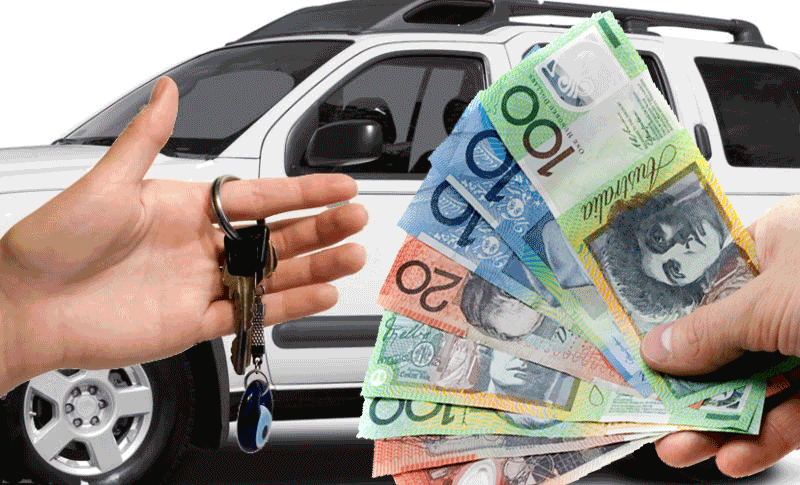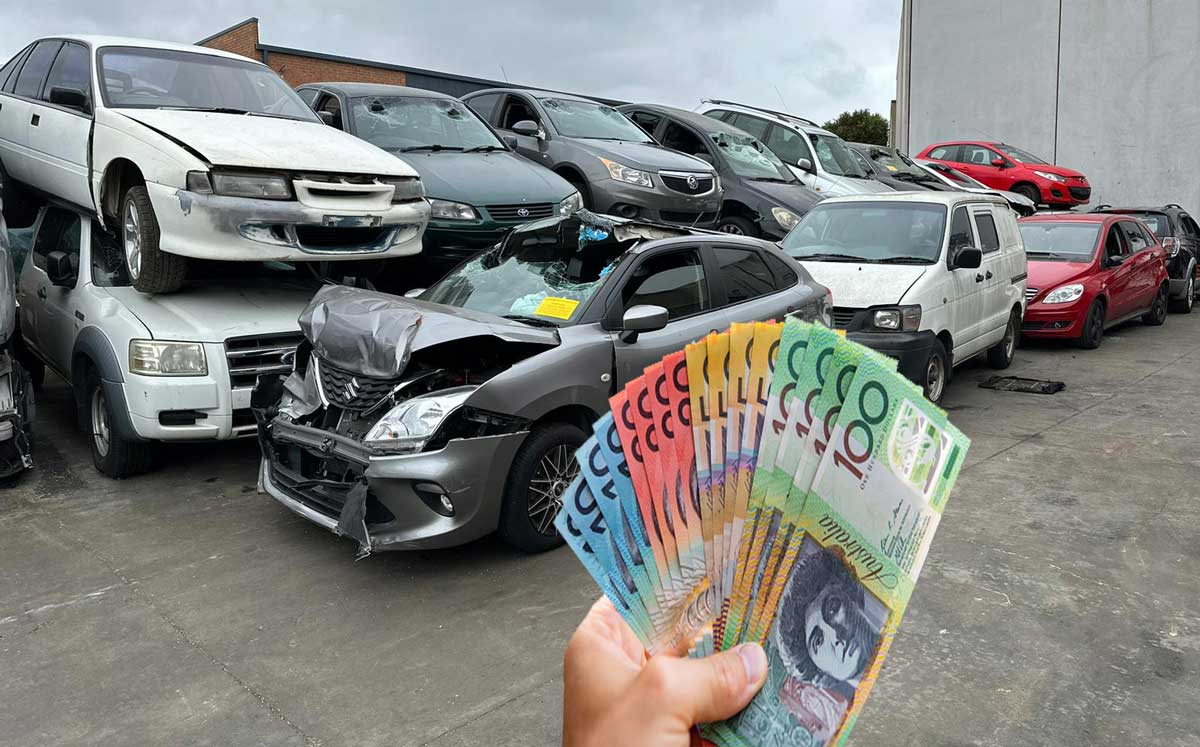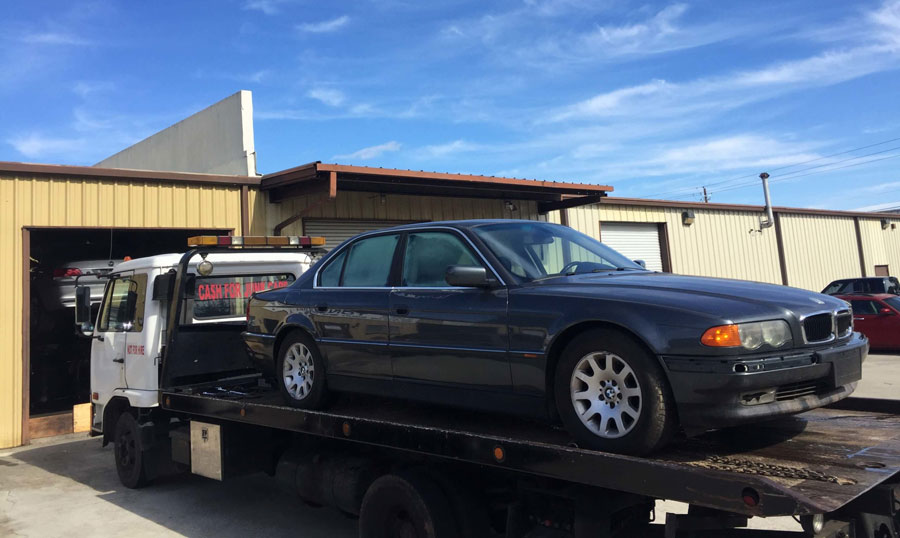Selling a used car can feel overwhelming—especially when you have no idea what it’s actually worth. You might check a few online listings, ask a friend for advice, or guess based on what you hope to get. But the truth is, your car’s value depends on specific factors that many sellers overlook.
Whether you’re selling privately, trading it in, or going with a cash-for-cars service in Melbourne, understanding what affects your car’s value—and how to prepare—can help you get a better deal with less stress.
Here’s what really matters when it comes to valuing your used car—and what you can do to improve your offer before selling.
1. Age of the Vehicle
This one’s pretty straightforward: the older the car, the less it’s usually worth. Cars lose value over time due to wear and tear, outdated features, and reduced demand. For example, a 10-year-old sedan won’t bring in the same amount as a 3-year-old model—even if both still run well.
How to prepare:
Check the average resale value for your vehicle’s make, model, and year in Melbourne using tools like RedBook or Carsales. If you’re sitting on a car that’s approaching a major age milestone (like 10 or 15 years), it may be smart to sell it sooner than later.
2. Make and Model Popularity
Some cars just hold their value better. Toyotas, Mazdas, and Hondas, for example, are often more reliable and affordable to maintain, making them more attractive to buyers. Others might have limited market appeal or expensive parts, which can drag down value.
How to prepare:
Research your car model’s current demand in Melbourne. Are similar vehicles being snapped up quickly, or are they sitting unsold? Use this information to set realistic expectations—or to wait for the right time to sell.
3. Overall Condition (Interior and Exterior)
This is a big one. Even if your car runs well, if it looks rough, potential buyers (and even car removal services) will factor that into the price. Dents, rust, torn seats, and a dirty cabin can all impact the perceived value.
How to prepare:
Give your car a thorough clean—inside and out. If there are small cosmetic issues like scratches or foggy headlights, consider getting them fixed. You don’t need to spend a fortune, but a tidy car shows you’ve taken care of it—and that adds value.
4. Kilometres Driven
Mileage plays a key role in assessing a vehicle’s life expectancy. In general, the higher the odometer reading, the lower the car’s value. A car with over 200,000 km is likely to be seen as “end of life” by many buyers, even if it’s still running fine.
How to prepare:
If your car is close to a milestone like 100,000 or 200,000 km, try to sell it before hitting that number. It can psychologically impact how buyers perceive the vehicle’s worth.
5. Service History and Maintenance Records
A well-maintained car always stands out. Buyers feel more confident when they can see that the car has been regularly serviced, especially by a licensed mechanic. It tells them you’ve looked after it, and there are fewer surprises down the line.
How to prepare:
Collect your logbook, service receipts, and any repair invoices. A complete maintenance history can increase your car’s resale value and speed up the selling process.
6. Modifications and Upgrades
You might love your aftermarket rims or performance exhaust—but not everyone does. In fact, many buyers and car removal companies prefer stock vehicles because they’re easier to assess and resell.
How to prepare:
Be honest about any modifications. If possible, reinstall original parts or include them as part of the sale. And if you’ve made practical upgrades like a new stereo or reverse camera, highlight that—just don’t expect them to dramatically boost your car’s value.
7. Accident and Repair History
Even if your car looks great now, a record of past accidents—especially major ones—can reduce its value. Buyers often worry about hidden damage or future issues, and cash-for-car companies may lower offers based on structural repairs.
How to prepare:
If your car was in an accident but repaired properly, be transparent and share the paperwork. Showing that the repair was done professionally may ease buyer concerns.
8. Registration and Roadworthy Status
In Victoria, selling a car with current registration and a valid Roadworthy Certificate (RWC) makes life easier for everyone. It removes a hurdle for private buyers and signals that the car is in decent condition.
However, if you’re selling to a cash-for-cars company, an RWC often isn’t required—but having current rego can still increase your payout.
How to prepare:
If your registration is close to expiring and your car’s in decent condition, consider renewing it before selling. The cost might be worth it if it boosts your return.
9. Market Trends and Fuel Type
Market demand can fluctuate based on things like petrol prices, interest in electric vehicles, or seasonal needs (e.g., 4WDs in winter). For instance, rising fuel prices may decrease demand for large V8s, while hybrids might see a spike in value.
How to prepare:
Keep an eye on current trends. If your vehicle type is in demand (e.g., small fuel-efficient cars during high petrol prices), use that to your advantage when negotiating.
10. Where and How You Sell It
The method you choose to sell your car affects how much you’ll get. Private sales may offer more money—but take more time, effort, and risk. Trade-ins are quick but usually offer lower value. Cash for cars services strike a balance—fast, easy, and no roadworthy needed, but the price may reflect convenience.
How to prepare:
Get quotes from at least two or three sources: private listings, dealerships, and car buying services. That way, you’ll know your options and can make an informed decision based on your priorities (money vs time).
Final Thoughts
There’s no one-size-fits-all formula for selling a used car. But by understanding what affects your car’s value and taking small steps to prepare, you can make the most of your sale—whether that means more money in your pocket, a quicker turnaround, or less stress overall.
If you’re in Melbourne and looking to sell your car for cash, consider a service that’s upfront, fair, and hassle-free. A little preparation goes a long way in helping you sell smarter, not harder.






